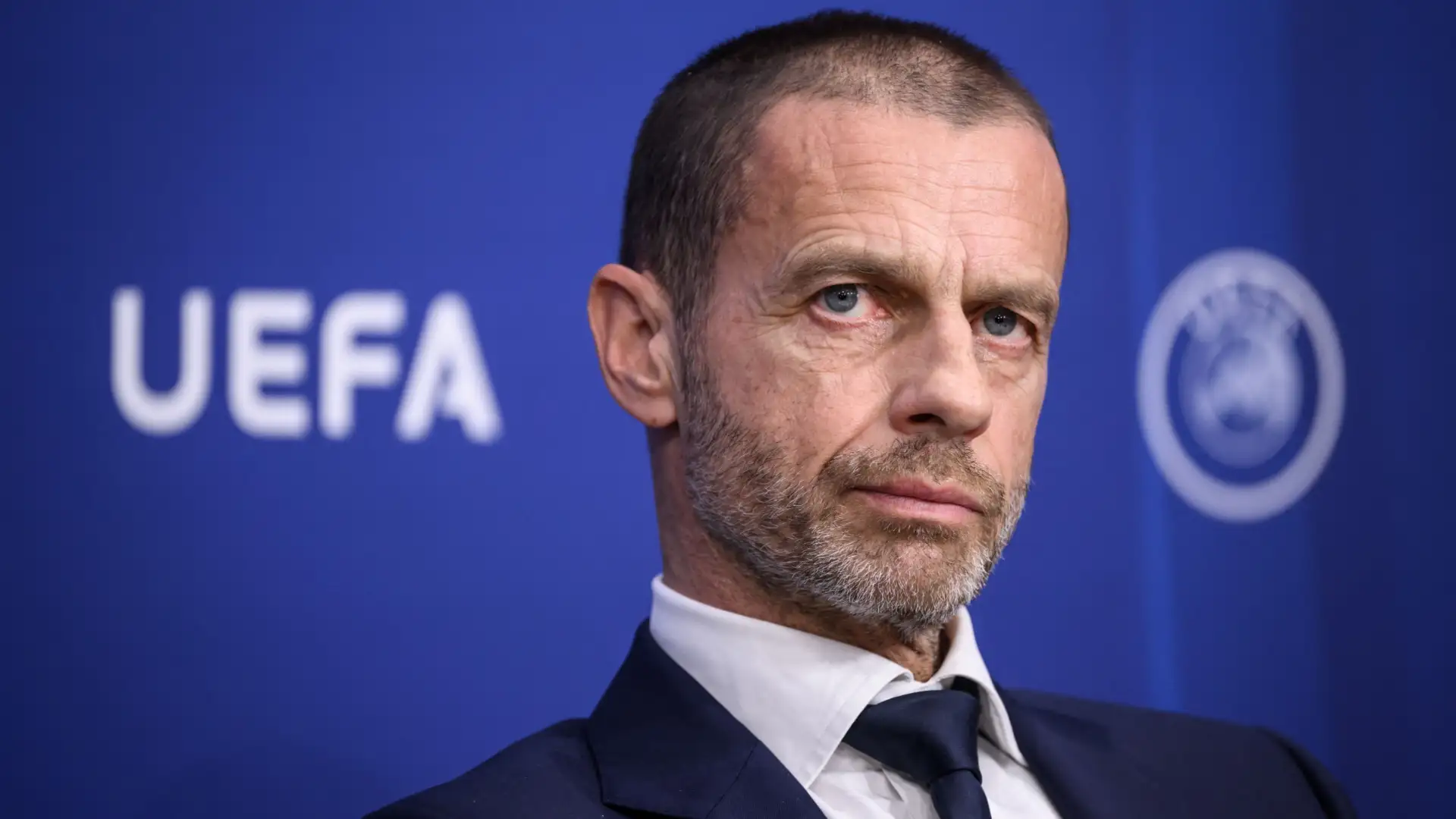
Revealed: When UEFA Is Set to Make Decision on Whether to Ban Israel from European Football
UEFA Faces Defining Moment Over Israel Ban
The corridors of power at UEFA have rarely been so tense. Within the next week, European football’s governing body is expected to deliver a decision on whether to ban Israel from European football in the wake of the ongoing war in Gaza.
The story has gone beyond sport. A United Nations Commission of Inquiry recently concluded that there are “reasonable grounds” to suggest that Israel is committing genocide in the region. Pressure on sporting bodies has increased, with campaigners insisting that football cannot isolate itself from such grave accusations.
If UEFA acts, it would be one of the most politically-charged rulings in the organization’s history.
Russia Precedent Looms Large
There is already a reference point. Back in 2022, UEFA and FIFA jointly banned Russia from international and club competition following the invasion of Ukraine. That decision sent a message that football was prepared to act on geopolitical crises.
Now, many are asking: if Russia was banned for its actions, why should Israel be treated differently?
According to The Times, internal discussions at UEFA this week suggest that a “large majority” of executive committee members lean towards suspension. A vote is expected in the coming days, and though nothing is guaranteed, the signs point toward decisive action.
UEFA Already Sent Signals
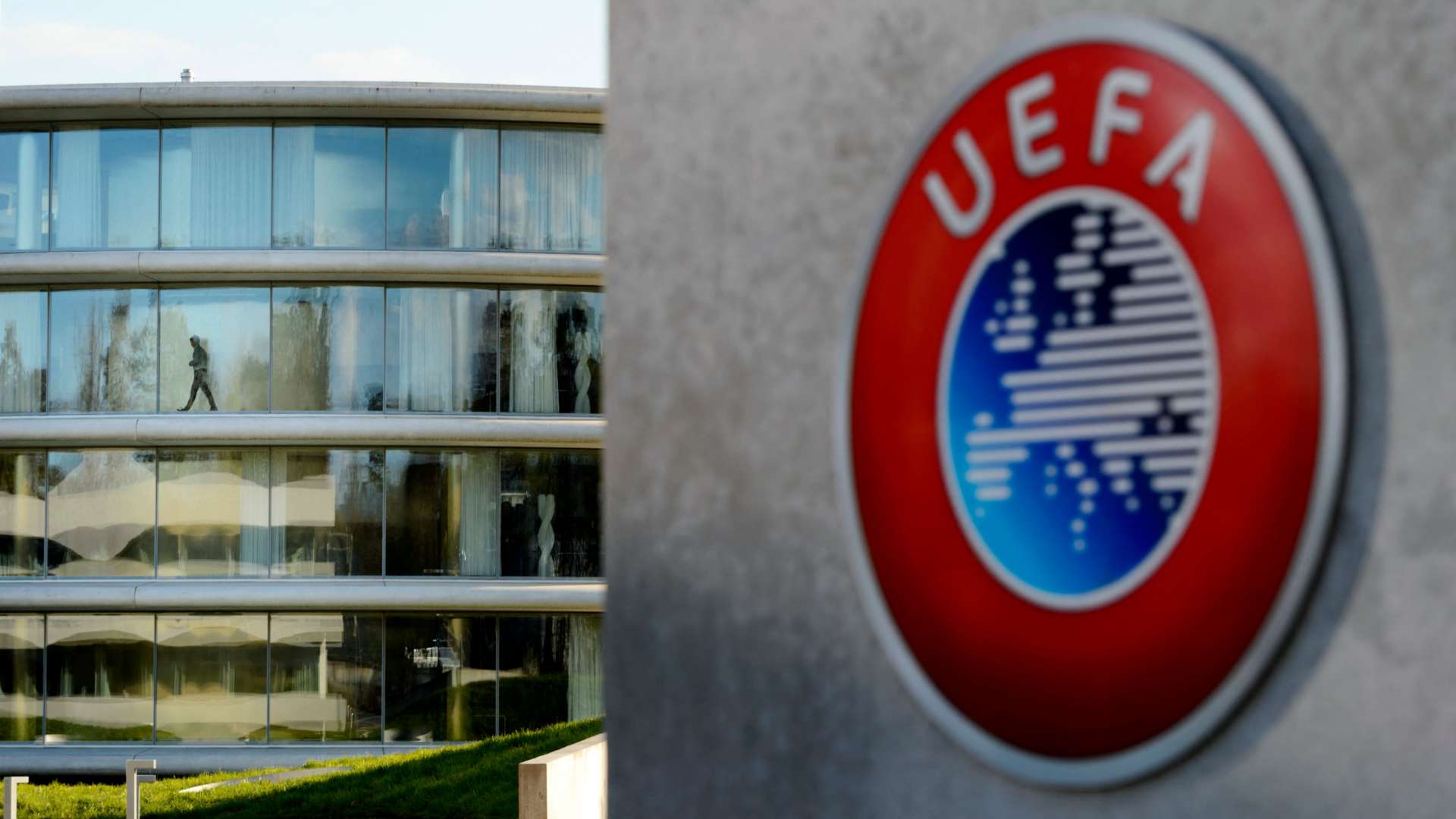
UEFA general
This wouldn’t be the first time UEFA has addressed the conflict symbolically. Back in August, during the Super Cup clash between Champions League winners Paris Saint-Germain and Europa League holders Tottenham, a banner was displayed across the stands. It read: “Stop Killing Children, Stop Killing Civilians.”
For an organization often accused of silence in the face of political strife, it was an unusually bold step. Many now see that moment as a precursor to a wider sanction.
Spain Threaten to Boycott 2026 World Cup
The potential fallout stretches beyond Europe. In Spain, political voices have already made it clear that if Israel participates in the 2026 World Cup, their national team may not.
Patxi Lopez, a spokesperson for the Spanish Socialist Workers’ Party, did not mince words. He said: “If Israeli teams cannot take part in sporting events or Eurovision, then some are starting to open their eyes. Ours are wide open. We cannot and will not remain silent.”
It is a striking statement that underlines how deeply football has become entangled with wider political debate.
Clubs and Players Feel the Tension
At a club level, discomfort is also growing. Maccabi Tel Aviv, the only Israeli side competing in UEFA tournaments this season, have faced protests already. When they travelled to Thessaloniki to play PAOK in late September, demonstrations were staged outside the stadium.
More quietly, European clubs have reportedly asked UEFA if they could avoid playing Israeli opponents altogether. That sort of sentiment illustrates how much unease already exists.
United Nations Calls for Action
The UN Human Rights Office has stepped up its calls, urging both UEFA and FIFA to suspend Israel’s participation in international football.
A statement issued last week read:
“Sports must reject the perception that it is business as usual. Sporting bodies must not turn a blind eye to grave human rights violations. The boycott must be addressed to the State of Israel and not to individual players.”
The point about players is crucial. UN experts stress that individual athletes should not be punished for the decisions of their governments. Instead, it is national federations and state-backed teams that must face the consequences.
FIFA Caught in a Bind
If UEFA does follow through with a suspension, the ripple effects will reach FIFA almost immediately. World football’s governing body would come under enormous pressure to align with its European counterpart.
But FIFA’s situation is complicated. President Gianni Infantino is known to have close ties to former U.S. President Donald Trump, and Washington is strongly opposed to any expulsion of Israel—particularly with the United States co-hosting the 2026 World Cup alongside Canada and Mexico.
An American government spokesperson told Sky News: “We will absolutely work to fully stop any effort to attempt to ban Israel’s national soccer team from the World Cup.”
That puts FIFA in an unenviable position: caught between international pressure for justice and the politics of its most powerful partner nation.
What a Ban Would Mean for Israel
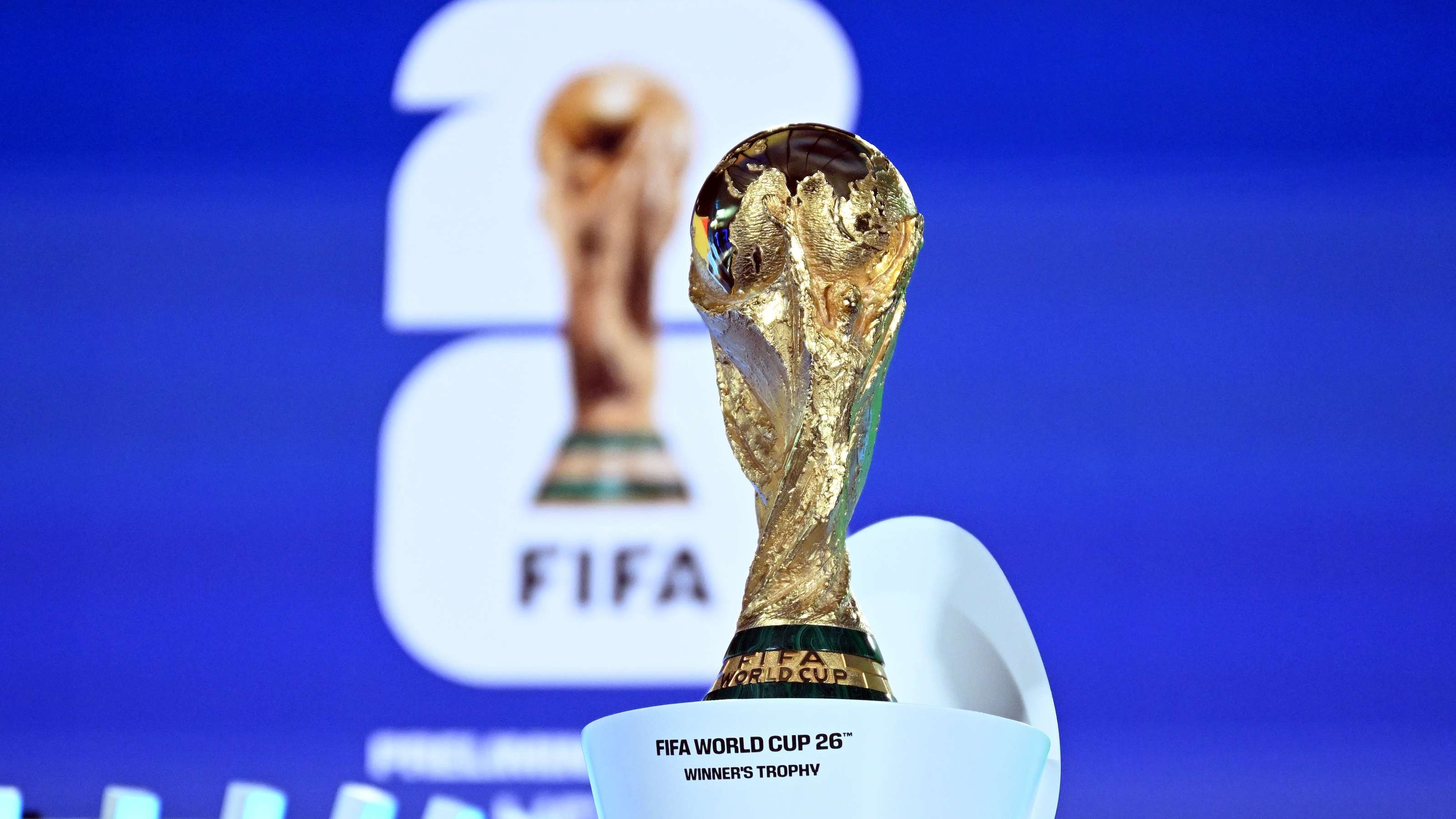
2026 World Cup Trophy
From a sporting standpoint, the consequences would be severe. Israel are currently competing in UEFA Group I for the 2026 World Cup qualifiers. They sit in third place behind Norway and Italy, still with a mathematical chance of securing qualification.
A suspension would instantly end those hopes. It would also block Maccabi Tel Aviv from finishing their Europa League campaign, effectively ending Israel’s presence in continental competition.
For players, many of whom have dedicated their lives to their profession, the punishment would be brutal but unavoidable. For fans, it would be another painful reminder of how politics and sport are often inseparable.
Two Years of Pressure from the Palestinian FA
This decision has not emerged in isolation. For two years, the Palestinian Football Association, which is recognized by FIFA, has been lobbying for action. They argue that football cannot claim to stand for unity, equality, and respect while simultaneously allowing a state accused of genocide to compete freely.
Their pressure campaign has gained momentum with each passing month, especially after Russia’s expulsion set a clear precedent.
Now, the UEFA executive committee must decide whether to take that final step.
Conclusion: Football at a Crossroads
So here we are. In the coming week, UEFA’s leadership will gather, debate, and ultimately vote on whether to ban Israel from European football.
For some, the answer is obvious: if Russia was suspended, then Israel must be too. For others, the politics are more delicate, the risks too high.
But football has never been played in a vacuum. Whether on the terraces, in the boardrooms, or under the floodlights, the sport reflects the world around it. And right now, the world is watching.


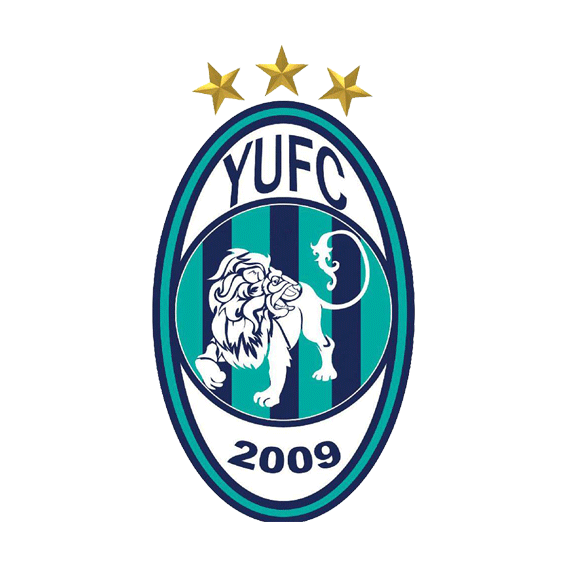


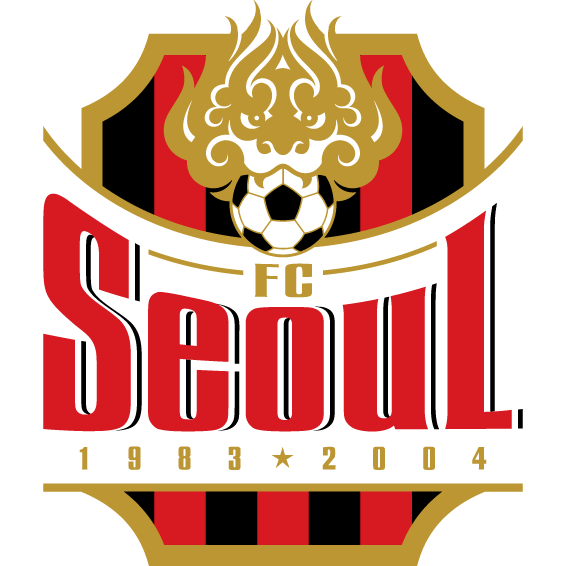




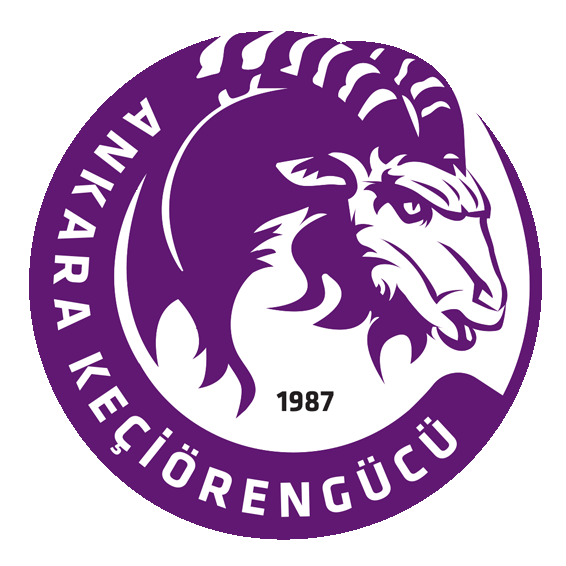



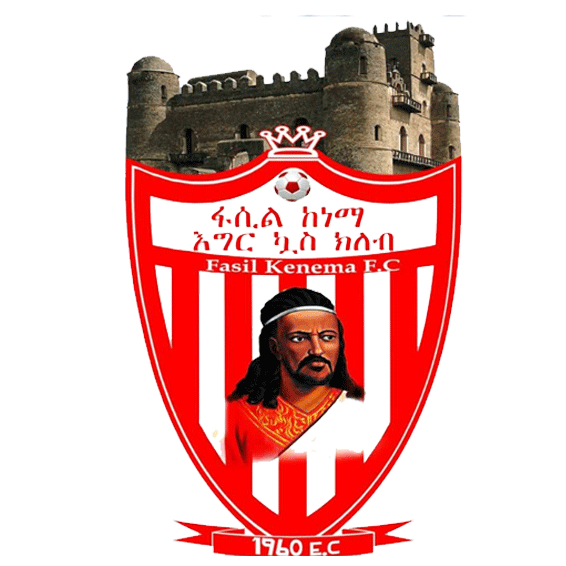



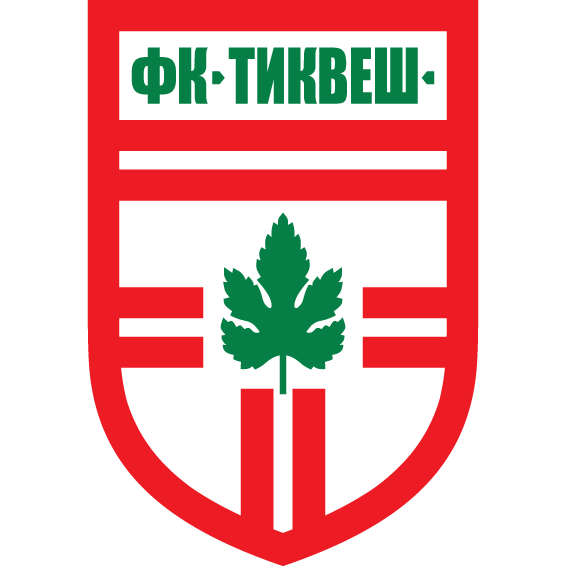
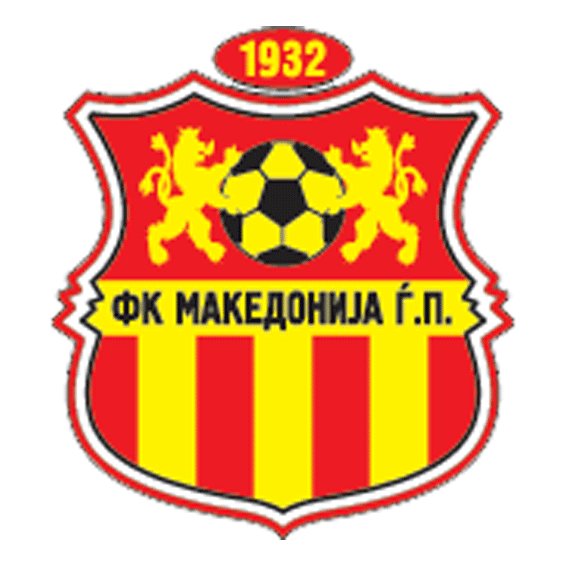
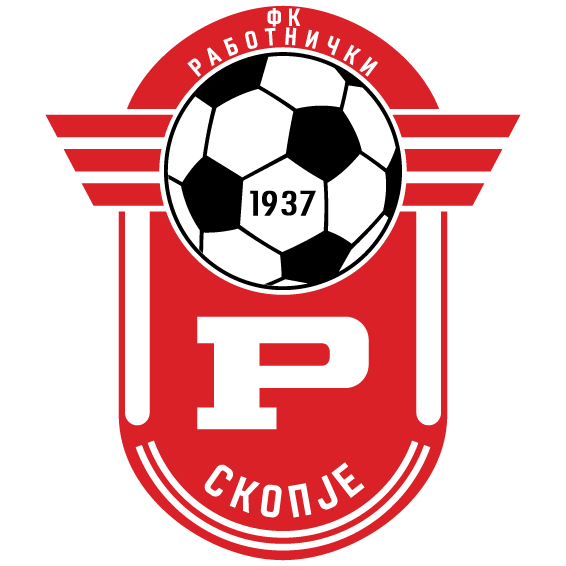
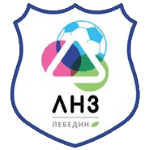
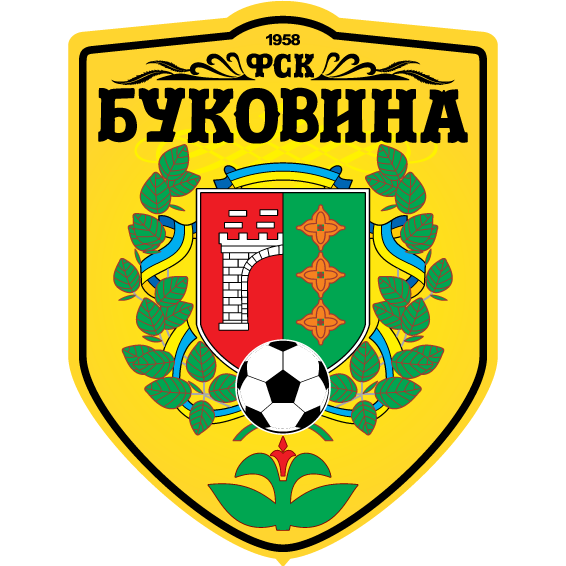























There are no comments yet. Be the first to comment!